
Is K-Pop losing its core characteristics as a genre of 'Korean music'?
As of late, media outlets have been reporting enormously on the dilemma regarding the growth of English songs in K-Pop. Following BTS's historical feat as the first Korean singer to top Billboards' 'Hot 100', certain netizens have begun to seriously ponder whether the phenomenon is something to be feared. While the dream of 'world domination' has been applicable to every generation in K-Pop, recent moves by Korean labels have been regarded as "rather strategic".
In addition to BTS, other K-Pop artists such as BLACKPINK, MONSTA X, and SuperM have all taken measures to tackle the American market with Anglophone songs. Apart from the lyrics, releasing a song at a time convenient for the United States and focusing on radio-friendly sounds over powerful choreography have also become new tactics.
Although international collaborations such as BLACKPINK x Selena Gomez's "Ice Cream", and SuperM's English-heavy songs such as "100" may garner attention, some netizens, including fervent K-Pop fans, are wondering if artists are straying away from the traditional values of what makes a K-Pop song K-Pop.
Domestic fans in Korea have especially voiced their concerns over their own marginalization, as companies have started to direct their attention to global fans. Some comments include, "K-Pop's attractive qualities are losing its purity", "I miss the choreography from the old days", "Isn't the word K-Pop itself supposed to reflect Korea's unique lyrics and Korean characteristics?".
Meanwhile, proponents of the globalization of Korean songs have commented that such views are reactionary to the developments that entertainers have wanted for generations. Since the days of Wonder Girl's "Nobody", BoA's "Eat You Up", CL's "Lifted", and even Psy's eccentric "Gangnam Style", Korean fans and international audiences alike have not particularly problematized the issue of English lyrics and Hollywood-friendly marketing tactics.
Some media experts believe that it is the "unforeseen growth of fandoms" such as BTS ARMYs that have led to a need for songs with a broader cultural spectrum, albeit it was the Korean lyrics that initially caught people's attention.
What do you think of this rising dispute? What do you think makes K-Pop truly K-Pop?




 SHARE
SHARE
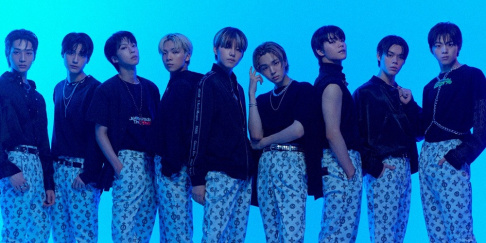
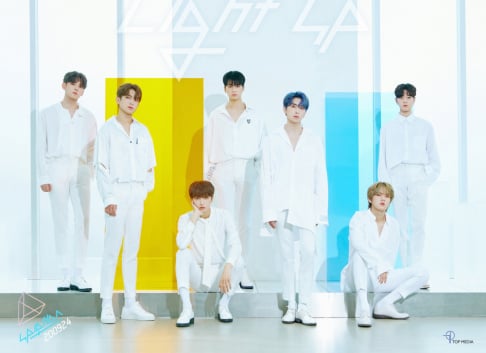








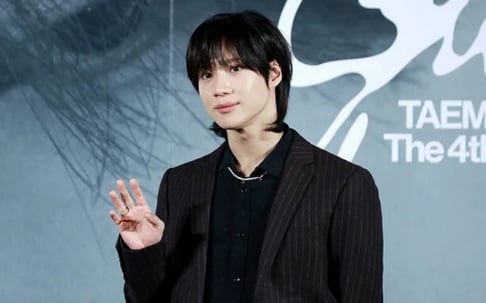





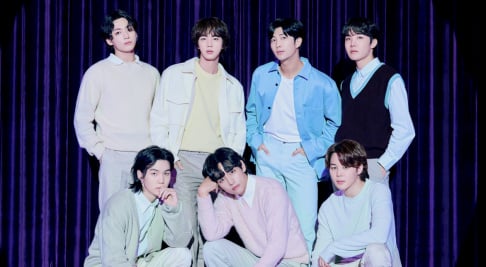








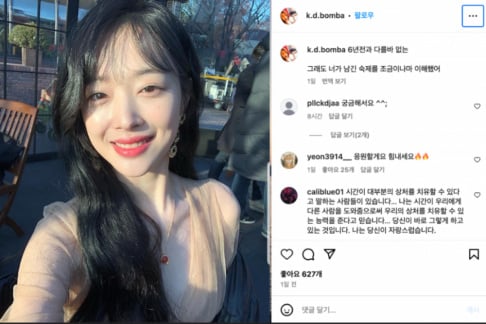









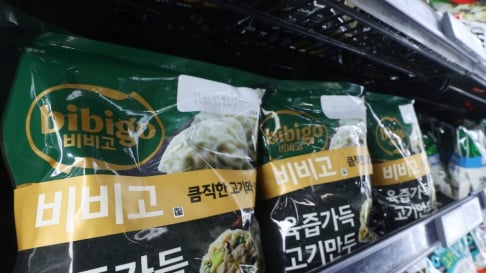










okay these artists are literally releasing like one english song compared to the 272391209 korean songs they have released. there is no issue. stop trying to create drama just so u get more views on these stupid type of articles
20 more replies